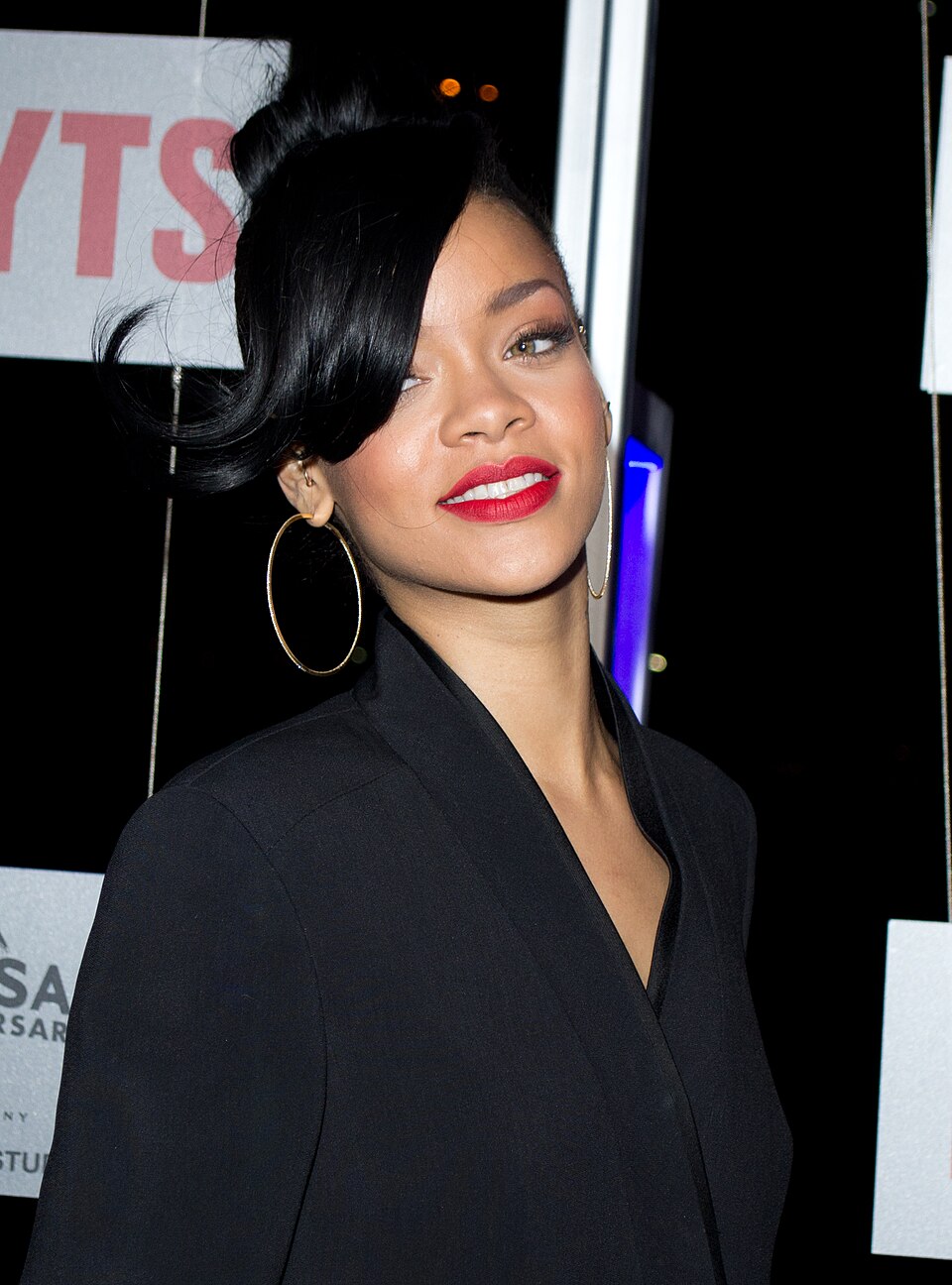31 Trailblazing Women in 31 Days: Esther Rolle and Rihanna

This Women’s History Month, we’re celebrating some fearless, game-changing Caribbean women who have made an indelible mark on history, culture, and society. Every day in March, we’ll spotlight one extraordinary woman—sharing her story, achievements, and lasting impact. From pioneers in politics and science to icons in the arts and activism, join us as we honor 31 trailblazing women in 31 days! Today, two entertainment icons.
Esther Rolle: Paving the Way for Black Representation in Hollywood

Esther Rolle was a Bahamian-American actress best known for her groundbreaking role as Florida Evans on the hit television series Good Times. A trailblazer for Black representation in Hollywood, she used her career to challenge stereotypes and advocate for more dignified portrayals of Black families on screen.
Born on November 8, 1920, in Pompano Beach, Florida, Esther Rolle was the daughter of Bahamian immigrants who instilled in her a deep appreciation for education, hard work, and cultural pride. She was the 10th of 18 children and grew up in a household that emphasized discipline and faith. After completing high school, she attended Spelman College and later studied acting at Yale University and the New School for Social Research.
Rolle’s career in the arts began in theater, where she became a prominent member of the Negro Ensemble Company, performing in plays that tackled racial and social justice themes. However, she rose to national fame in the 1970s when she was cast as Florida Evans, first on Maude and then as the matriarch on Good Times. Her character was a hardworking mother raising three children in a Chicago housing project, providing a rare and positive representation of Black family life on mainstream television.
Despite the success of Good Times, Rolle was outspoken about her concerns regarding the show’s direction. She advocated for more balanced storytelling, resisting the increasing focus on comedic antics rather than serious family issues. She famously took a hiatus from the show when she felt it was straying too far from its core message of Black resilience and dignity. Her activism paid off, and she returned to the series for its final season under improved conditions.
Throughout her career, Rolle continued to take on roles that honored her values, portraying strong, intelligent Black women in films and television shows such as Driving Miss Daisy, Rosewood, and The Mighty Quinn. She won a Primetime Emmy Award in 1979 for her role in Summer of My German Soldier, proving her exceptional talent beyond sitcoms.
Her contributions were recognized with a NAACP Image Award, and in 1990, she became the first woman to receive the NAACP Chairman’s Civil Rights Leadership Award. Rolle remained a vocal advocate for the arts, racial equality, and education until her passing in 1998.
Esther Rolle’s legacy extends beyond entertainment. She helped reshape Hollywood’s portrayal of Black families, proving that television could be both entertaining and socially responsible.
Rihanna: From Barbados to Global Icon
Rihanna is one of the most successful entertainers and entrepreneurs of her generation. Born Robyn Rihanna Fenty on February 20, 1988, in Saint Michael, Barbados, she rose from a small island girl to a global music sensation, billionaire businesswoman, and philanthropist. Her journey has broken barriers in music, fashion, and beauty, making her one of the most influential Caribbean women of all time.

Raised in Bridgetown, Rihanna’s childhood was shaped by both challenges and a love for music. She grew up in a modest home with her parents and two younger brothers. Her father struggled with substance abuse, creating instability in her early life. However, music became her escape. At 15, she and two school friends formed a girl group, catching the attention of Evan Rogers, a visiting American music producer. He was so impressed with Rihanna’s talent that he invited her to audition in the U.S. Soon after, she signed a record deal with Def Jam Recordings, under the leadership of Jay-Z, and released her debut single “Pon de Replay” in 2005.
Rihanna’s career skyrocketed. Over the next decade, she released eight studio albums, including “Good Girl Gone Bad” (2007), “Rated R” (2009), and “Anti” (2016). She dominated the charts with hits like “Umbrella,” “We Found Love,” and “Diamonds.” With nine Grammy Awards, 13 American Music Awards, and 14 Billboard Music Awards, she became one of the best-selling artists of all time, with over 250 million records sold worldwide.
Beyond music, Rihanna revolutionized the beauty and fashion industries. In 2017, she launched Fenty Beauty, a cosmetics brand praised for its inclusivity, offering 50 foundation shades—a groundbreaking move in an industry notorious for its lack of diversity. The brand generated over $100 million in its first 40 days and later expanded into Fenty Skin and Fenty Eau de Parfum. Her Savage X Fenty lingerie line, which promotes body positivity, became another billion-dollar venture. By 2021, Rihanna became the world’s wealthiest female musician and the first billionaire from Barbados, with an estimated net worth of $1.7 billion.
Her impact extends far beyond entertainment and business. In 2012, she founded the Clara Lionel Foundation, named after her grandparents, which funds global education, disaster relief, and healthcare initiatives. In 2017, Harvard University honored her as Humanitarian of the Year. She has provided millions in aid for hurricane relief efforts in the Caribbean and has consistently advocated for racial and gender equality.
Rihanna’s achievements culminated in a historic moment in 2021 when Barbados became a republic. She was named the country’s first-ever National Hero, joining an elite group of just 11 Barbadian figures awarded this title. Her story is one of resilience, innovation, and Caribbean pride.



